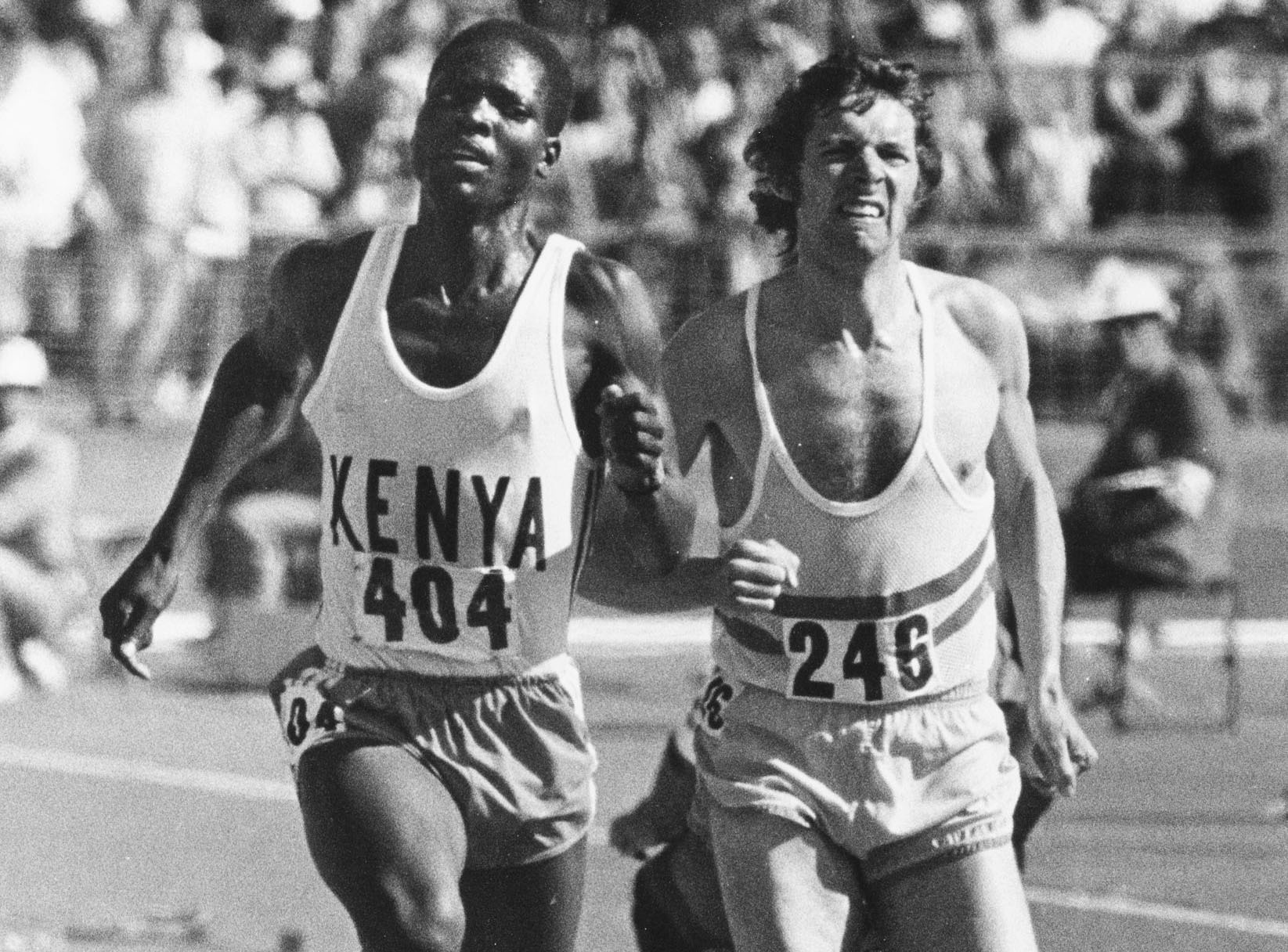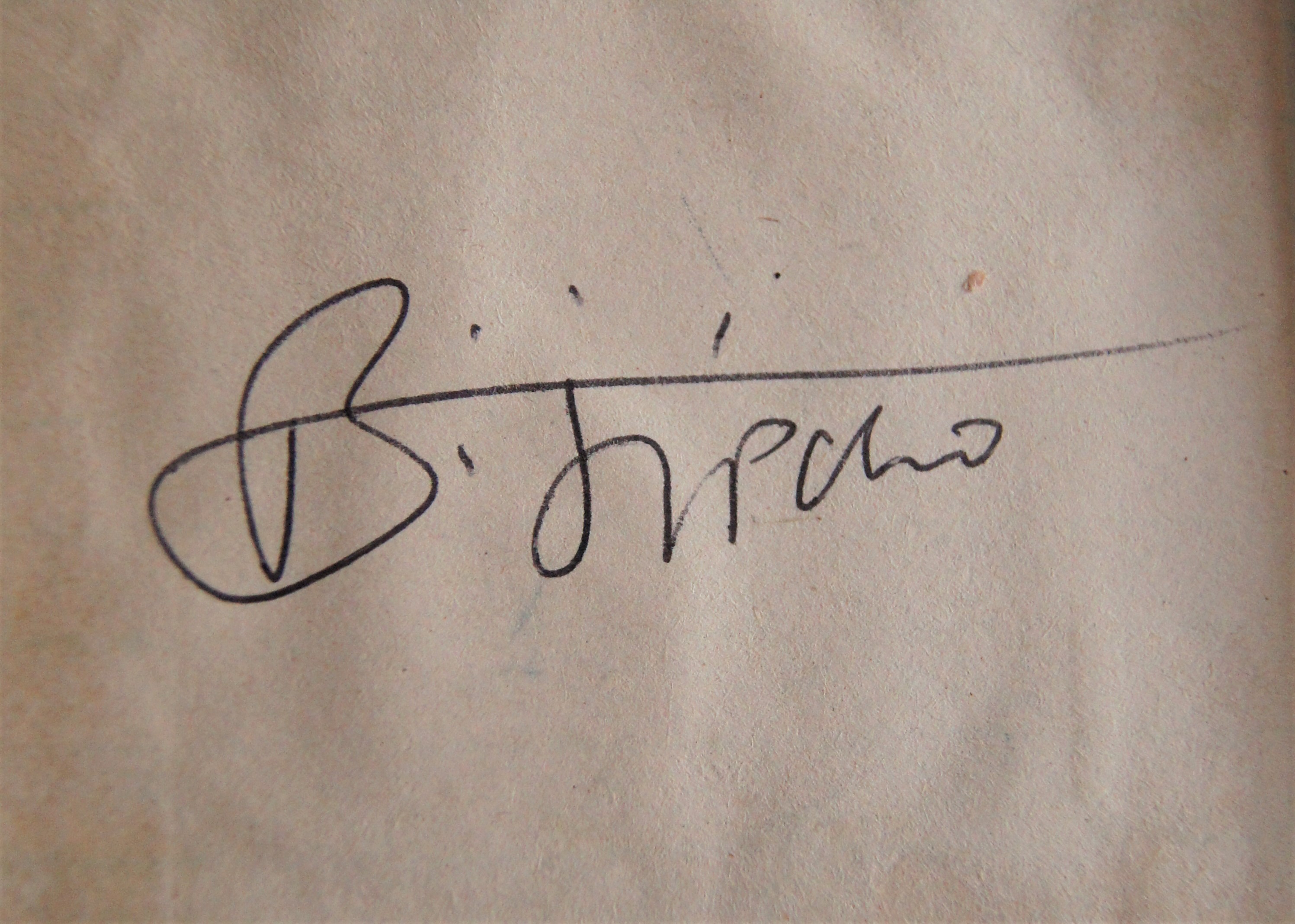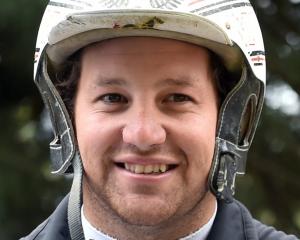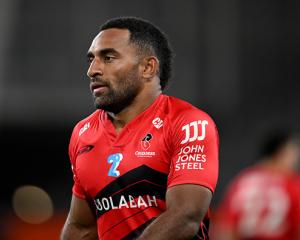By Chris Tobin

Kenyan runner Ben Jipcho died of stomach cancer at Eldoret Hospital in Kenya on July 24.
So memorable were Jipcho’s deeds at the Christchurch games, a street in this city was named after him – a fact acknowledged in Kenyan newspaper tributes after his death.
At the time of the 1974 games Jipcho, then aged 30, was at the zenith of his powers.
Earlier he had paced his fellow Kenyan Kip Keino to an Olympic gold medal in the 1968 Olympic Games 1500m thereby sacrificing his own chances of winning.
“I had to sacrifice to set the pace because we wanted the gold medal for Kenya,” he said.
The tactic was aimed to thwart the chances of top-rated American and world recordholder, Jim Ryun.
At the 1970 Commonwealth Games Jipcho placed second in the 3000m steeplechase and placed second again in this event at the 1972 Olympics, behind Keino.
Once Keino retired Jipcho really came into his own twice breaking the world 3000m steeplechase record in Helsinki.
At the Christchurch games Jipcho faced the formidable challenge of racing three events – the 1500m, 5000m and 3000m steeples.
On the first day he started with a relaxed comfortable win in the 3000m steeplechase with a time of 8m 20.67s.
Next day he ran a heat of the 5000m qualifying for the final. Two days later he battled England’s Brendan Foster all the way down the last straight to win the final in 13m 14.4s, just over a second off the world record and the second fastest time ever run for the distance.
Two days later he ran a heat of the 1500m and finally on February 2 he lined up for the 1500m final.
This race is remembered as one of the greatest track events of all-time.

At the peak of his powers and hailed as a star of the games Jipcho could have achieved much more but athletics was then an amateur sport.
He wanted to make some money and turned professional competing on a short-lived circuit in the United States.
The walls of amateurism would not crumble until the mid-1980s by which time it was too late for Jipcho.
After retiring he worked as a teacher and farmer.
Years after the 1968 Olympic Games 1500m final, Jipcho apologised to Ryun for setting the race up for Keino to win. He told Ryun his actions were against the Olympic spirit.
Ironically Jipcho died the same day Ryun received the United States’ highest civilian honour, the Presidential Medal of Freedom, from President Donald Trump in the White House.
On Jipcho’s death the Kenyan newspaper The Nation said Jipcho had been forgotten in his home country but respected abroad. However, Kenyan president Uhuru Kenyatta said in a message to Jipcho’s family that he was a national hero and pioneer for Kenyan athletes.
Jipcho died in straitened circumstances. His family appealed to the Kenyan government to pay for his hospital expenses and burial.
In Christchurch, Jipcho Rd runs between Parkhouse Rd (named for swimmer Jayne Parkhouse also a gold medallist in 1974) and McAlpine St.













